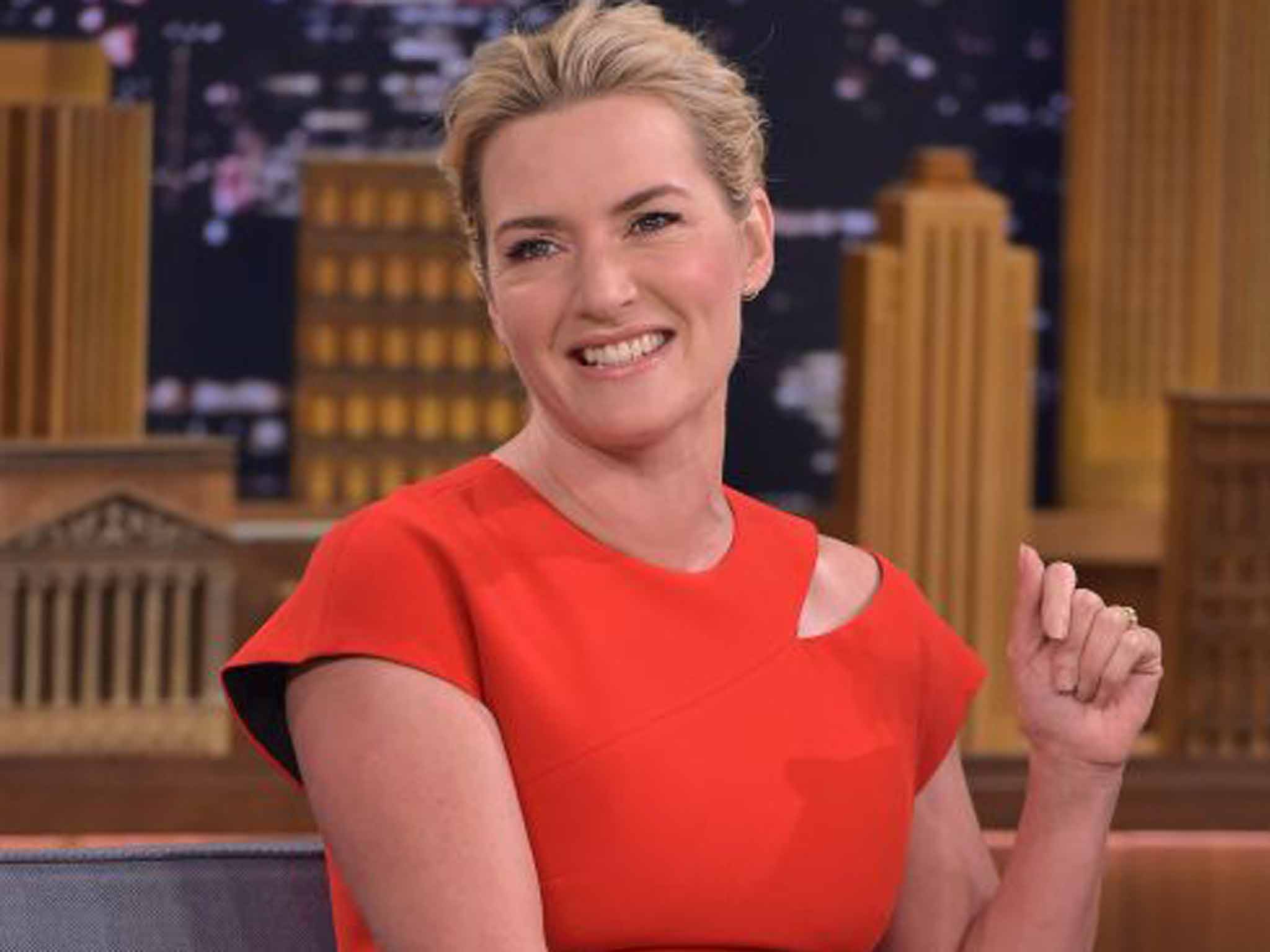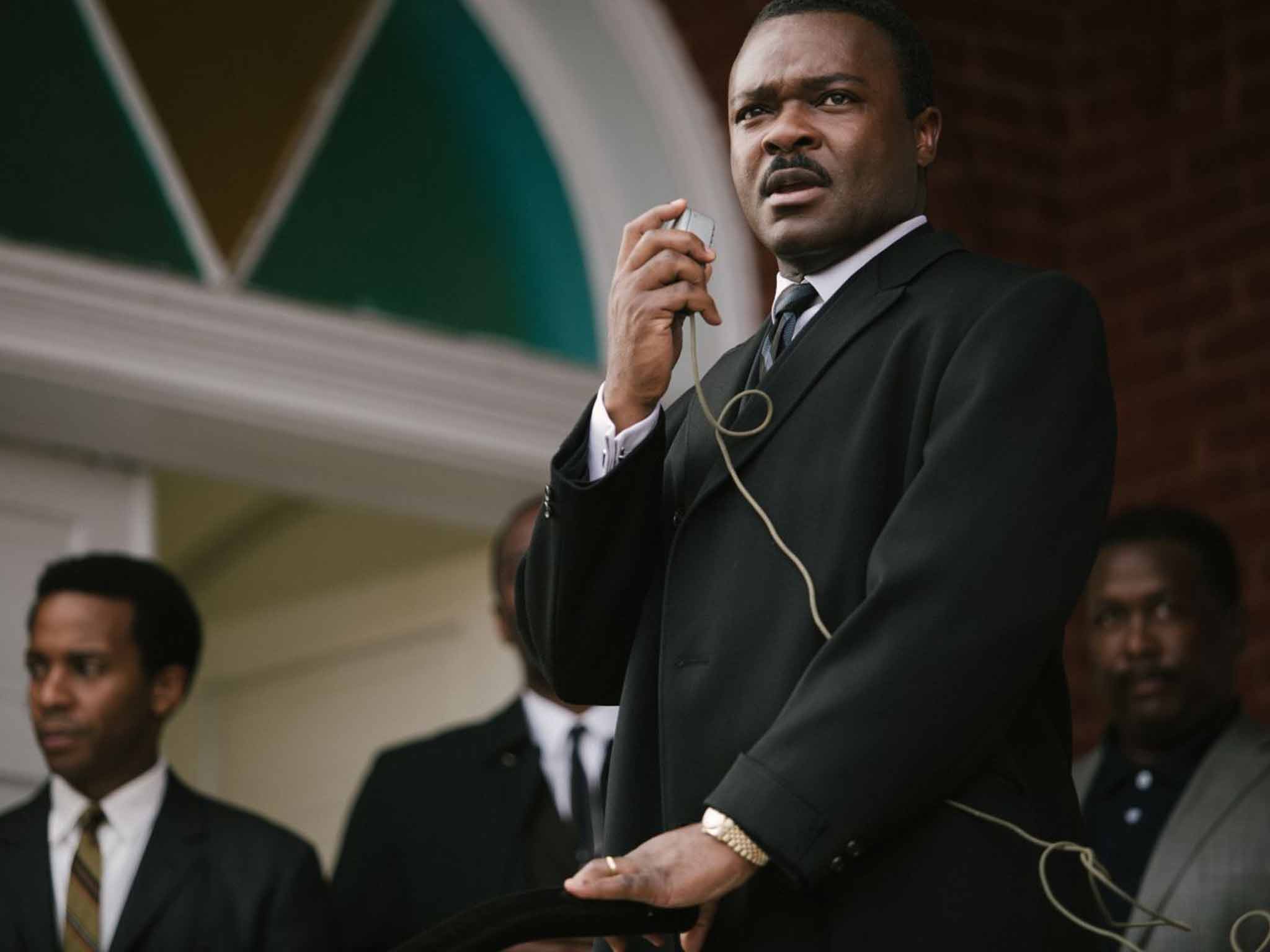Kate Winslet claims that being English is a one-way ticket to a Hollywood acting career
Do actors from the UK have an advantage in the US? Kate Winslet certainly thinks so.

The Brits, it could be said, have been a long time coming. UK performers have been slipping across the pond to try their luck in America at least since Charlie Chaplin and a certain Stanley Jefferson (later known as Stan Laurel) arrived on the same ship, as part of the same British music-hall troupe in 1910.
Now, though, things appear to have reached a whole new level, as was suggested by the Berkshire-born Kate Winslet this week when, perhaps with English self-deprecation, she claimed that her accent meant she had been mistaken for someone who “knew what she was doing” even in her first film.
“When you are an English actor and you go into another country,” she said, “They automatically assume you are fully trained … Which I've played on, believe me.”
Now, though, things appear to have reached a whole new level, as was suggested by the Berkshire-born Kate Winslet this week when, perhaps with English self-deprecation, she told a BAFTA A Life in Pictures event that her accent meant she had been mistaken for someone who “knew what she was doing” even in her first film.
David Oyelowo has gone from British MI5 officer in Spooks to Martin Luther King in Selma. Old Etonian Damian Lewis started with all-American hero Dick Winters in Band of Brothers and went on to all-American hero-cum-villain Sgt Nicholas Brody in Homeland.
And this autumn, country-music legend Hank Williams was immortalised in the film I Saw The Light by Tom Hiddleston, ex-student of Eton and Cambridge.
America has started to notice.

Earlier this year, Hollywood star Michael Douglas went so far as to declare: “I think we have a little crisis going on amongst our young [American] actors at this point.”
He was echoed by the director Spike Lee, who, reflecting on the “invasion” of black British actors such as Oyelowo, suggested that their “training is very proper, whereas some of these other brothers and sisters, you know, they come in here, and they don't got that training.”
And this, suggests Debbie McWilliams, chairperson of the International Casting Directors Network, may be the crux of the matter. For all Winslet's self-deprecation, British actors really do tend to know what they are doing.
McWilliams has, she tells me, just finished casting a Hollywood action adventure with the director Martin Campbell, who normally works out of LA.
“He said to me that the marvellous thing about working in England is the standard of the actors. He said 'What we have in LA is stars. What we have in the UK is really fantastic actors.'
“The difference is people have for the most part spent three years training [at drama school]. That is mostly for the theatre, but that rubs off when working on film sets. Having the concentration power, delivering the lines over and again: it's a discipline that British actors have that the Americans are slightly lacking in.”
Even some Americans seem to have conceded the point. Terrence Rafferty, a film critic writing in The Atlantic, has observed that, from Leonardo DiCaprio to Hunger Games star Jennifer Lawrence, “The actors of the current [American] generation mostly started going before the camera as kids, and got their training on the job: in commercials, then on TV shows, and then, for the lucky and/or unusually talented, in movies.”
With Broadway in New York and Hollywood on the other side of the country in LA, adds McWilliams, American stars don't always get “the jobbing, spear-carrying” bit parts in the West End theatre or rep that many British actors endure.

“Spear carrying,” she says, “makes a huge difference to levels of acting. You watch other people. You work with fabulous directors.”
And, whereas once British theatrical giants such as Sir Laurence Olivier were proud to retain their English voice in Hollywood, the modern generation of actors really work on their American accents.
Hence when Damian Lewis finally broke cover in 2012, using his normal, English accent to accept his Emmy for Homeland, he sent America into a paroxysm of shocked twitter comments including: “Wait ... the guy from Homeland is British?”
Douglas may talk of a crisis, and Rafferty may write that “this is getting embarrassing.” That doesn't mean it will stop.
At London's Sylvia Young Theatre School, Sylvia Young herself reflects on helping the next wave of Brits with references for green card applications.
“I find,” she says, “That ex-students who are doing quite well here all want to go to America.”
Join our commenting forum
Join thought-provoking conversations, follow other Independent readers and see their replies
Comments
Bookmark popover
Removed from bookmarks